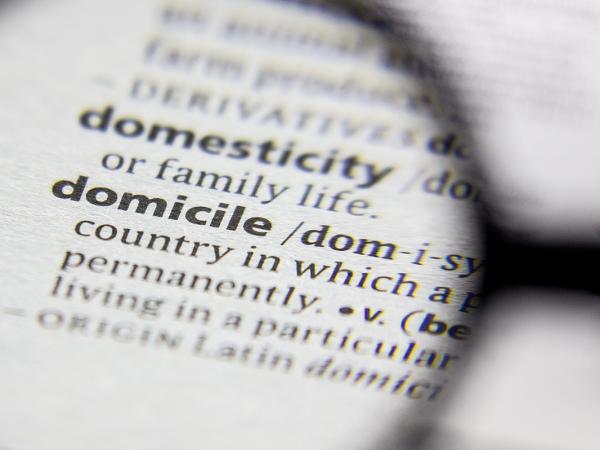Arising basis of taxation
If you are resident and domiciled (or deemed domiciled) in the UK, you will pay UK tax on the arising basis.

Content on this page:
The arising basis means that you pay UK tax on your worldwide income and gains for the tax year in which they arise. It does not matter whether or not you bring the foreign income or proceeds from foreign gains to the UK.
For tax years up to and including 2024/25, if you are resident and not domiciled in the UK, you pay UK tax on your UK income and gains as they arise. You can choose to pay UK tax on your foreign income and foreign gains either as they arise, or to the extent they are remitted to the UK. The latter is known as the remittance basis of taxation.
If you have foreign income or foreign gains, the arising basis can be complex as you will usually have to declare your worldwide income and gains to HM Revenue & Customs using a self assessment tax return, and may have to deal with matters of double taxation. However, paying tax on the arising basis does mean that you usually benefit from the personal allowance for income tax and the annual exempt amount for capital gains tax.



